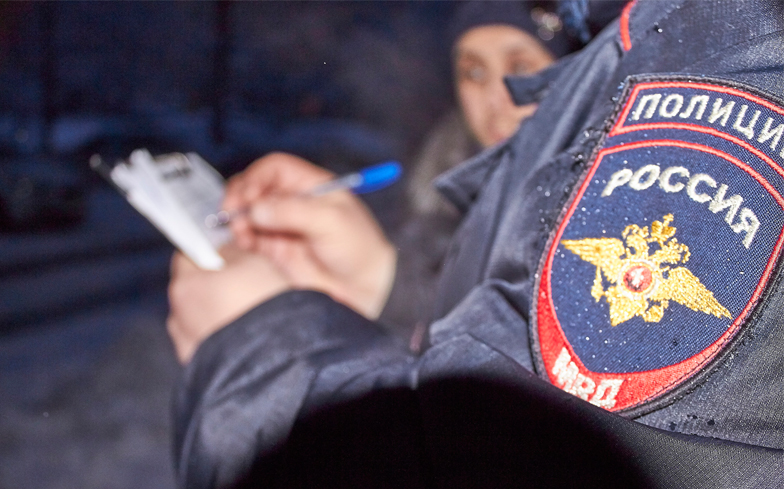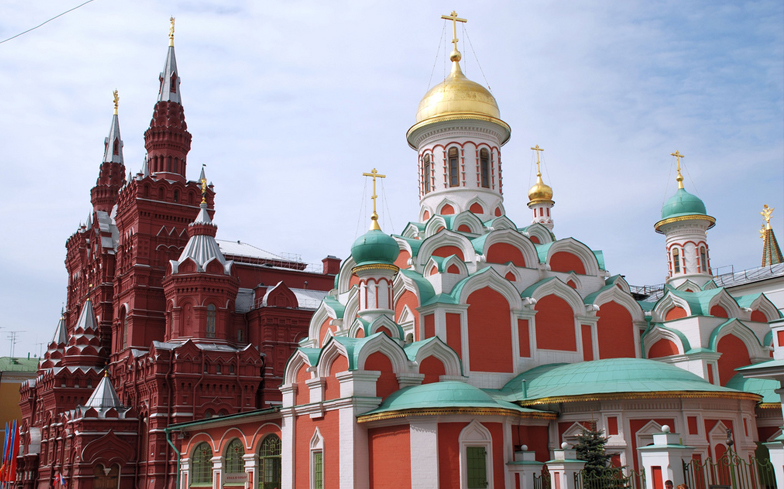
Olga Moskvitina also received death threats from the officer.
A report on the Russian news site Lenta says that an intersex woman has been evicted from her house, in the Russian city of Makhachkala, after she was harassed by a plains clothed police officer.
Olga was followed home by a plains clothed police officer who forced his way into her apartment. The incident came after her identity documents, which had a male name on them, were published online.
The officer is alleged to have forced her to strip naked so he could examine her genitals. Despite her trying to explain her intersex status, and her being unable to update her documents, the officer threatened to kill her, as well as expose her identity to others in the hope they would do so.
Police are then said to have approached Olga’s landlord, who subsequently evicted her because of “such affairs.”

Andrey via Flickr
Russia has some of the, if not the, worst LGBTQ rights in the developed world. In 2013, a ‘gay propaganda’ rule was signed into effect by Vladimir Putin, and it banned the promotion of “non-traditional” sexual orientations to minors.
Under the law, a Calvin Klein advert was banned, there were calls to ban the game FIFA 17, and the Warwick Rowers naked calendar was banned. The law has also banned a website that ran articles on LGBTQ-related health issues, including HIV/AIDS.
Police officers in the Sverdlovsk region of Russia also refused to protect LGBTQ citizens from hate speech. They claimed that online threats were “not addressed to any group of people on the grounds of ethnic, racial, religious, or social identity,” and so they did not violate any laws.
However, there have been some positive steps in the country recently. In December, the Russian judge Dmitry Dedov called on the Russian government to legalise same-sex unions, hoping it would protect LGBTQ citizens.
“I believe that compromise and social harmony could be found on the basis of mutual respect for human rights and, in particular, for the rights of minorities who do not seek to promote their own way of life, but rather seek recognition of their civil rights, their respect and protection of the state,” Dedov wrote.
“I mean the right to create family relationships that differ from the usual understanding of the union between a man and a woman. Legal recognition of such partnerships can be a starting point for the protection of all other needs usually arising between family members.”
And last month, a Russian court ruled in favour of a transgender woman who was fired from her job. The Frunze District Court ruled that the woman was unlawfully fired and awarded her with 10,000 rubles (£118.70) in damages and 1.85 million rubles (£22,000) for the two years of lost wages.



